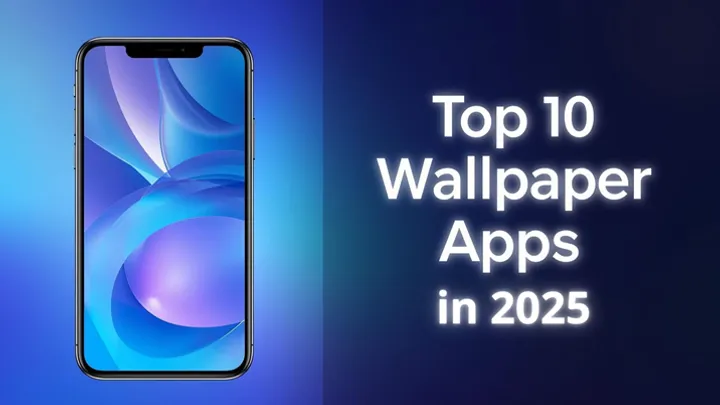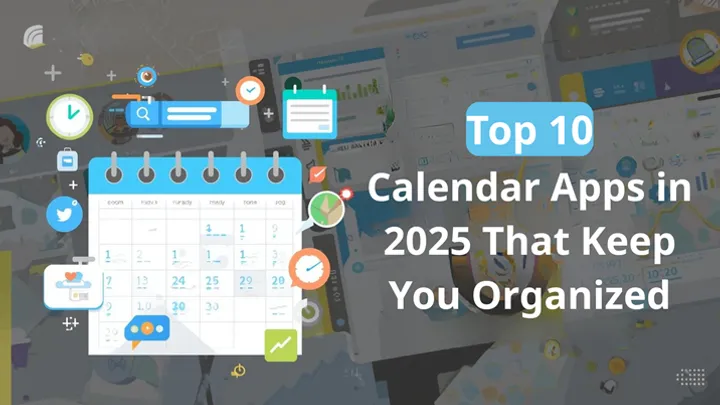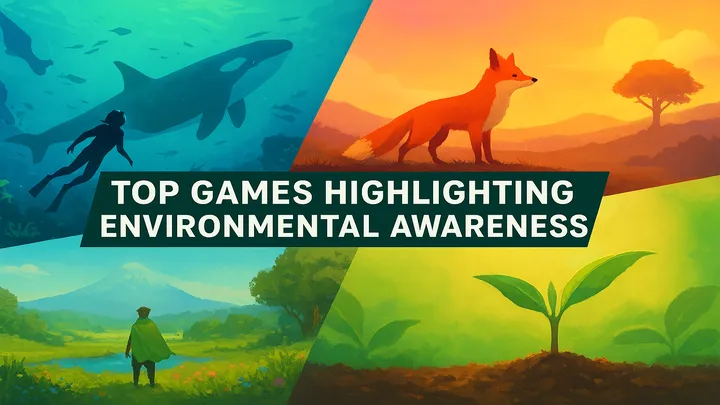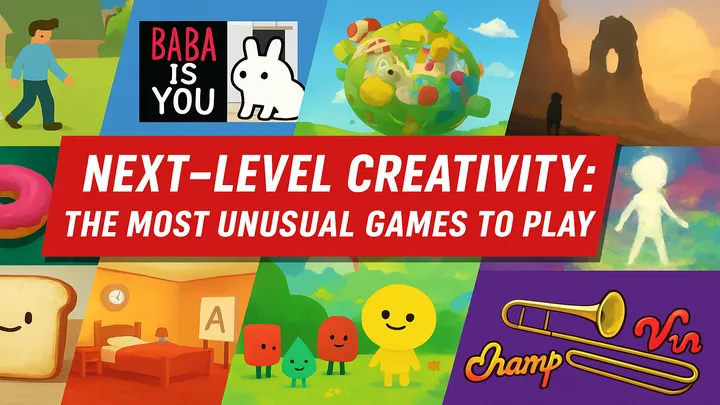The love for words never fades, but the way we access and use dictionaries has drastically changed. Gone are the days when heavy printed volumes were the only way to learn definitions. In today’s fast-paced world, dictionary apps have become essential tools for students, professionals, writers, and language enthusiasts alike.
Whether you are looking for meanings, synonyms, translations, or even pronunciation guides, modern dictionary apps bring knowledge right to your fingertips. These apps are not just for looking up words—they also help you expand vocabulary, improve writing, and master languages in interactive and engaging ways.
In this article, we’ll explore the top dictionary apps in 2025, their standout features, and how they can completely transform the way you interact with language.
1. Merriam-Webster Dictionary App
Why It’s a Classic Choice
The Merriam-Webster Dictionary is one of the most trusted names in the world of lexicons. Its app version carries the same authority but adds smart, digital features that make it indispensable.
Key Features
- Word definitions with audio pronunciations.
- Word of the Day to improve vocabulary daily.
- Quizzes and games to make learning fun.
- Offline mode for access without internet.
Why Users Love It
Merriam-Webster remains a top choice because it combines traditional authority with modern convenience. Students and professionals alike rely on it for accurate, clear definitions and fun vocabulary-building tools.
2. Oxford English Dictionary (OED) App
Why It Stands Out
Known as the definitive record of the English language, the Oxford English Dictionary app is essential for deep learners. It not only defines words but also shows their historical origins and usage evolution.
Key Features
- Extensive word history and etymology.
- Audio pronunciations in different accents.
- Advanced search filters and wildcards.
- Offline support for anytime access.
Why Users Love It
Writers, researchers, and serious learners appreciate its depth of information. If you want to go beyond surface meanings and truly understand the roots of words, the OED is unmatched.
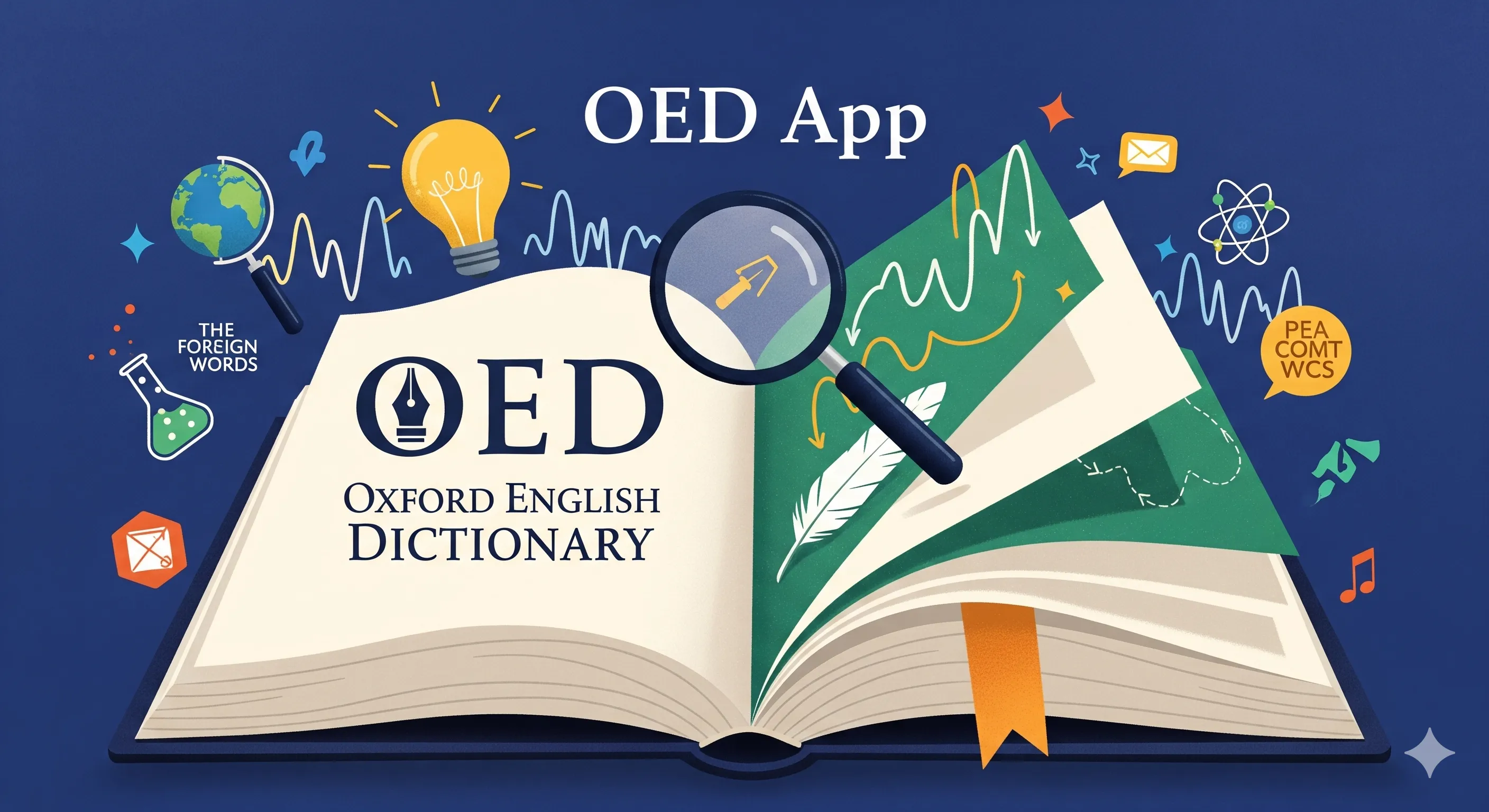
3. Cambridge Dictionary App
Why It’s a Modern Favorite
The Cambridge Dictionary app is especially loved by students and non-native English speakers. Its clean interface and simple explanations make it accessible to everyone.
Key Features
- Clear and concise definitions.
- Grammar and usage notes for learners.
- Bilingual translations for many languages.
- Audio pronunciations from native speakers.
Why Users Love It
Cambridge stands out because it is learner-friendly, making complex definitions easy to understand. It’s a must-have for anyone learning English as a second language.
4. Dictionary.com App
Why It’s Popular Worldwide
With millions of downloads, Dictionary.com is one of the most widely used dictionary apps today. It’s designed for everyday convenience and learning.
Key Features
- Synonyms and antonyms powered by Thesaurus.com.
- Voice search for instant word lookup.
- Word trends and hot word lists.
- Offline functionality for quick access.
Why Users Love It
This app offers speed and simplicity, making it ideal for students and professionals who want instant answers with minimal effort.
5. Collins English Dictionary App
Why It’s Reliable
The Collins Dictionary app blends traditional dictionary credibility with modern features, making it perfect for both learners and advanced users.
Key Features
- Over 700,000 words, phrases, and definitions.
- Example sentences showing real-world usage.
- Audio pronunciations.
- Offline mode for dictionary access anytime.
Why Users Love It
Collins is widely used because it provides practical, real-life examples of how words are used, which is extremely helpful for writers and learners.
6. WordWeb Dictionary App
Why It’s Unique
Unlike other apps, WordWeb is entirely free and provides powerful offline functionality. It’s a hidden gem for students and word enthusiasts.
Key Features
- Synonyms, antonyms, and related words.
- Works offline without requiring internet.
- Cross-references for deep exploration.
- Lightweight and fast.
Why Users Love It
Users love WordWeb for its offline accessibility and speed. It’s perfect for those who want a reliable dictionary without needing constant connectivity.
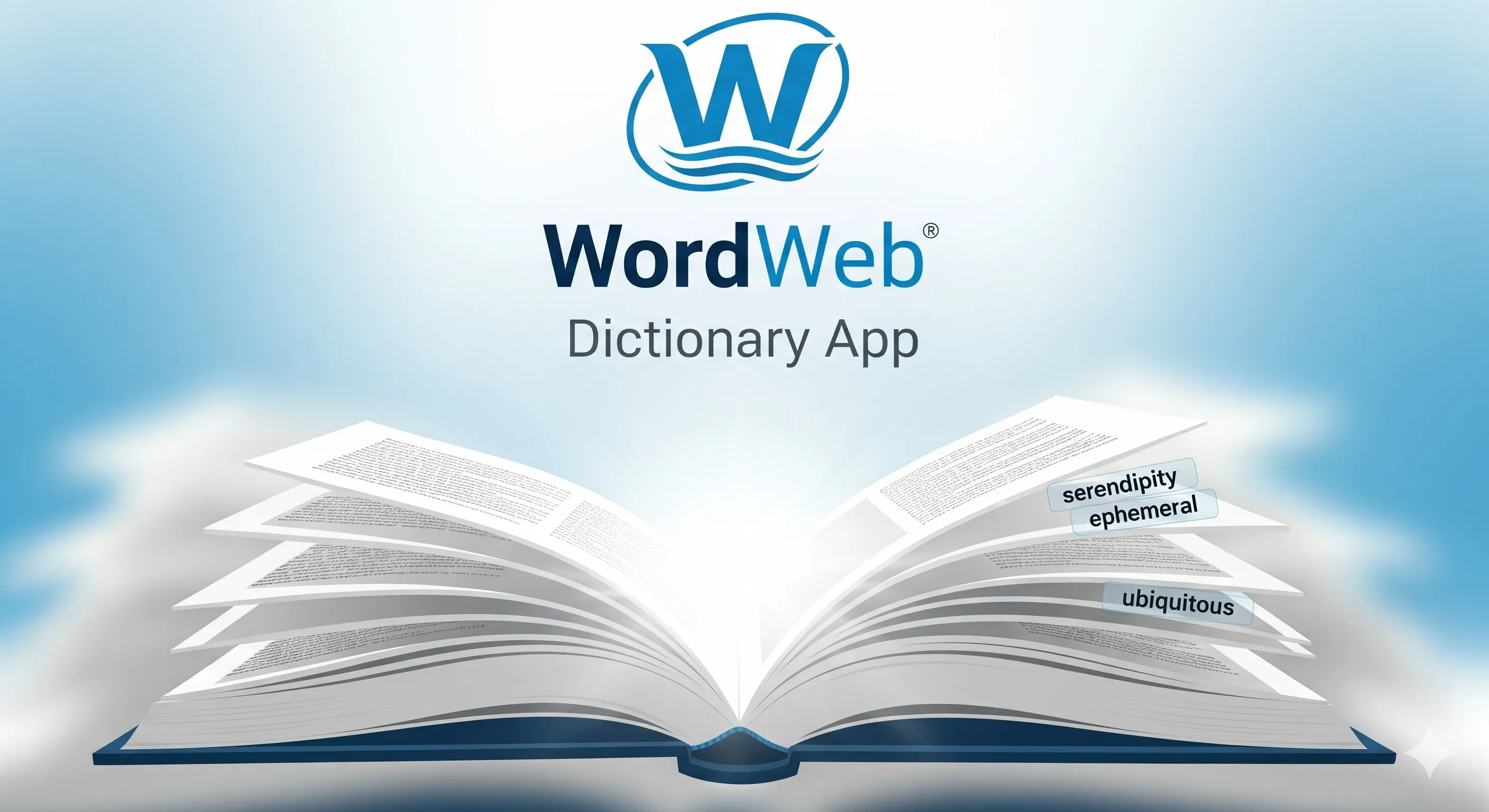
7. Urban Dictionary App
Why It’s Fun and Modern
Unlike traditional dictionary apps, Urban Dictionary captures modern slang, memes, and internet culture. It’s essential for staying up to date with evolving language.
Key Features
- User-generated slang definitions.
- Daily trending words.
- Humor-filled explanations.
- Constant updates with new terms.
Why Users Love It
Urban Dictionary is fun, quirky, and keeps you in touch with pop culture. It’s not for academic use, but it’s perfect for understanding modern internet slang.
8. Linguee Dictionary & Translator
Why It’s Great for Multilinguals
Linguee combines a dictionary with powerful translation features, making it ideal for people who switch between languages.
Key Features
- Dictionary + translator for multiple languages.
- Real-life sentence examples.
- Offline support.
- Audio pronunciations by native speakers.
Why Users Love It
Linguee is popular with bilinguals and travelers because it helps with quick translations while also teaching context and proper usage.
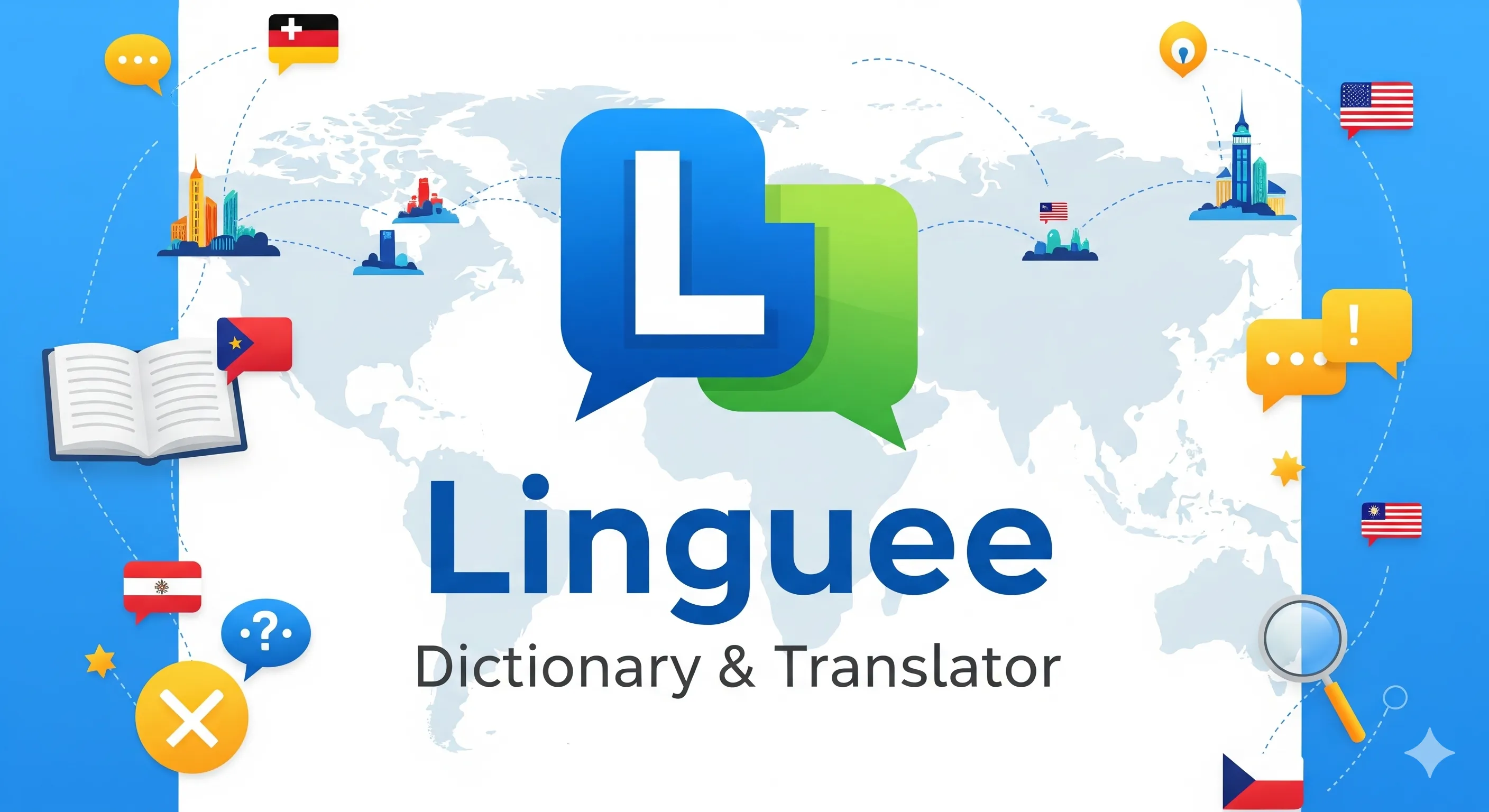
9. Vocabulary.com App
Why It’s Educational
More than a dictionary, Vocabulary.com helps users build their vocabulary in a structured way. It turns word learning into a personalized experience.
Key Features
- Adaptive learning technology.
- Quizzes and challenges.
- Clear, user-friendly definitions.
- Progress tracking.
Why Users Love It
This app makes dictionary use interactive and gamified, helping learners expand their vocabulary step by step.
10. Google Dictionary & Translate
Why It’s Everywhere
Google’s dictionary and translate tools are often overlooked as an app, but they remain one of the fastest ways to look up meanings.
Key Features
- Instant word definitions.
- Translations across 100+ languages.
- Voice and camera input.
- Offline support.
Why Users Love It
Because of its speed and accessibility, Google’s dictionary is often the go-to tool for quick word lookups and translations.
The Benefits of Using Dictionary Apps
Dictionary apps are more than just digital word books. They:
- Make learning faster and more convenient.
- Provide audio pronunciation to improve speaking skills.
- Offer offline access for travel and study.
- Support language learners with bilingual features.
- Help students, professionals, and writers improve communication.
How to Choose the Best Dictionary App
When picking a dictionary app, consider:
- Purpose – Do you need it for study, writing, or casual use?
- Offline Access – Essential for travelers and students.
- Additional Features – Quizzes, vocabulary games, or grammar notes.
- Language Support – Choose apps that support your native and target languages.
The Future of Dictionary Apps
With AI and machine learning, dictionary apps are becoming smarter and more personalized. Expect future apps to:
- Offer real-time context suggestions.
- Provide voice-based learning assistants.
- Integrate with AR/VR for immersive word learning.
- Suggest words based on individual learning patterns.
Conclusion
In 2025, dictionary apps have become powerful tools that go far beyond simply defining words. From the authoritative Oxford English Dictionary to the fun and cultural Urban Dictionary, there is an app for every type of learner.
By choosing the right app, you can expand your vocabulary, improve communication skills, and explore languages like never before. The world of words is now more accessible, engaging, and interactive—right in your pocket.










